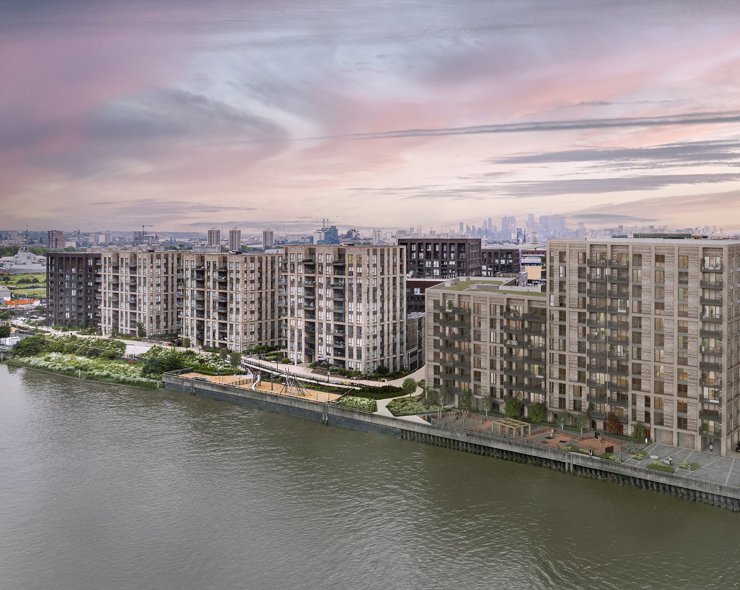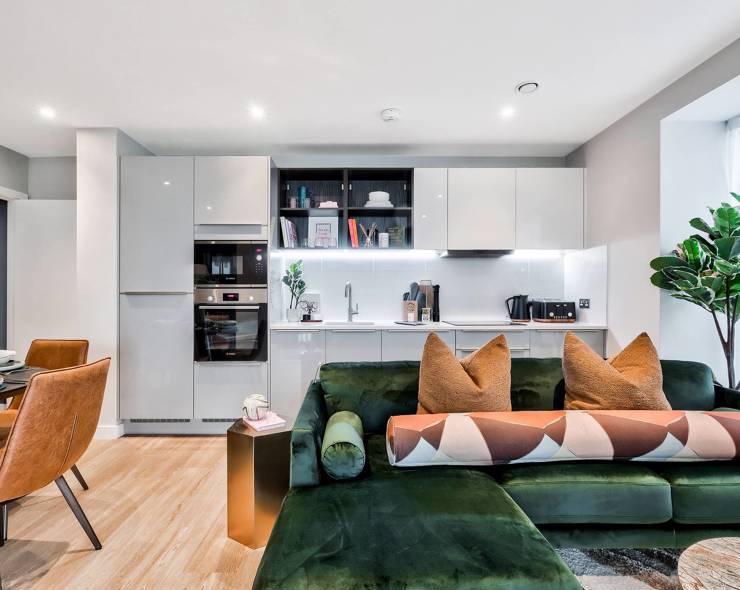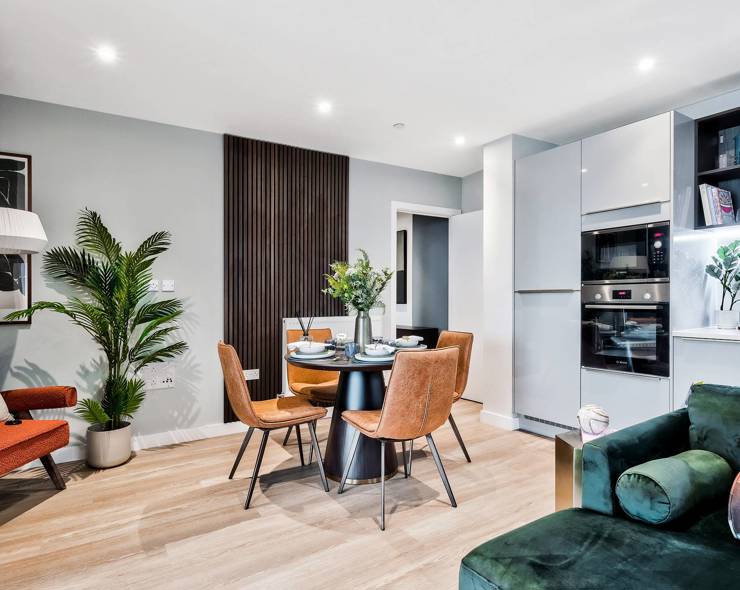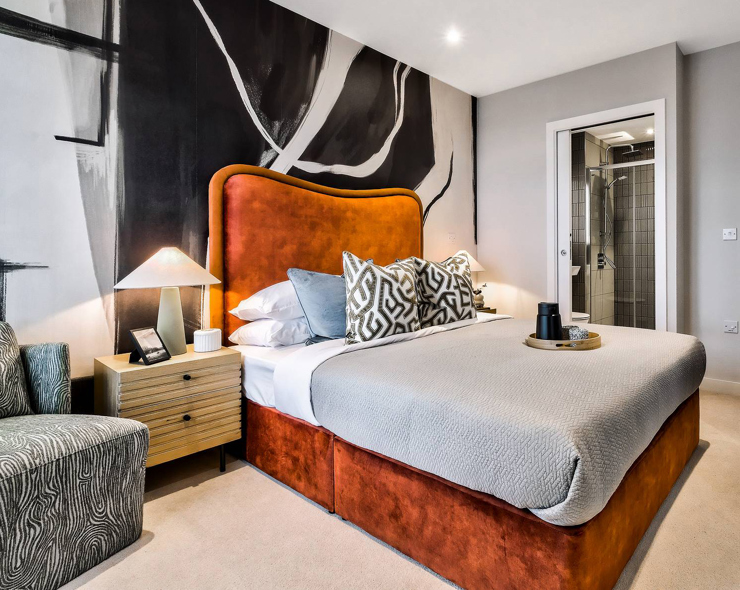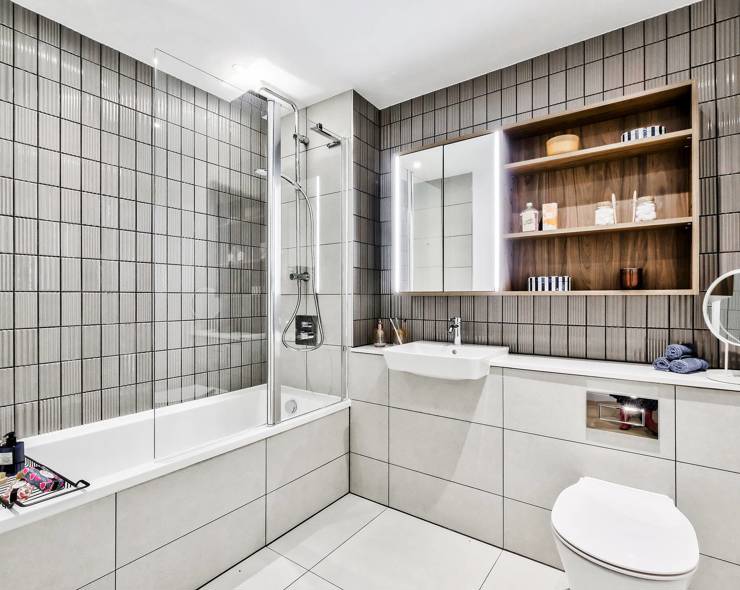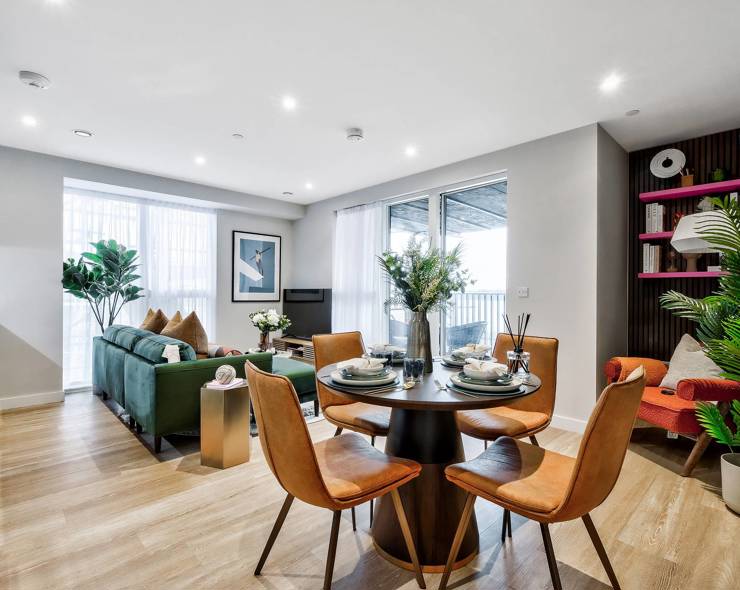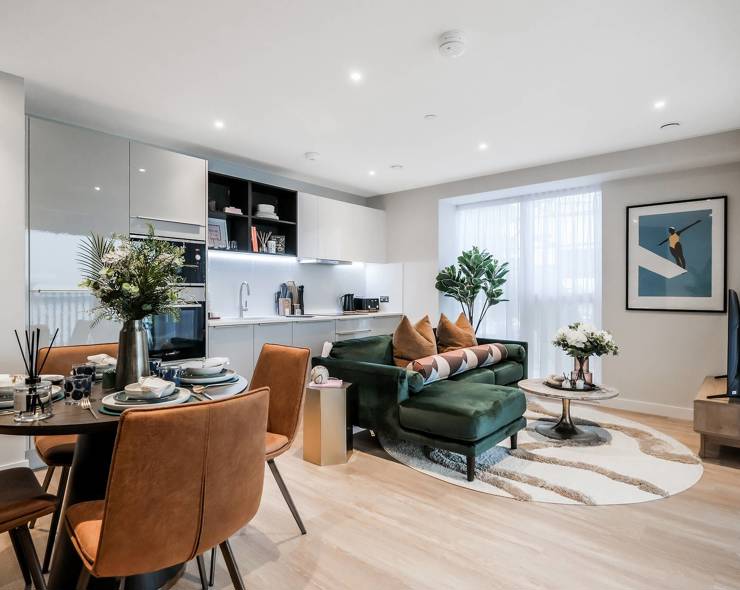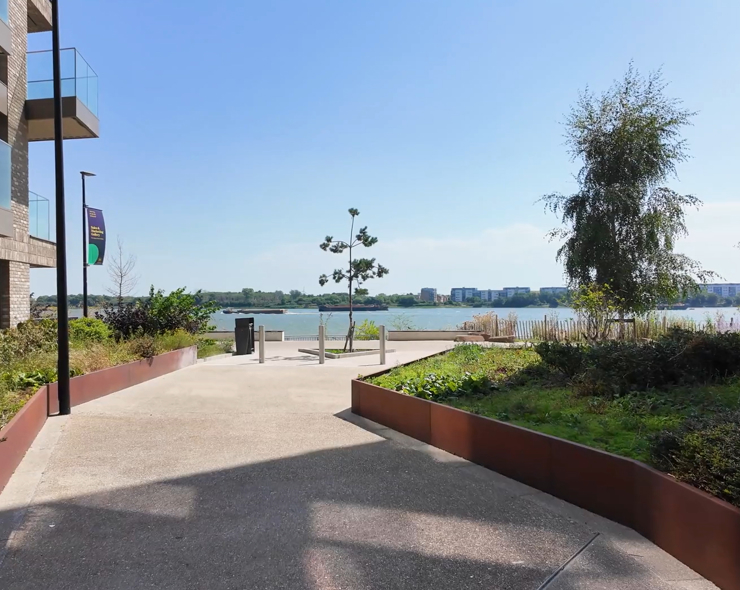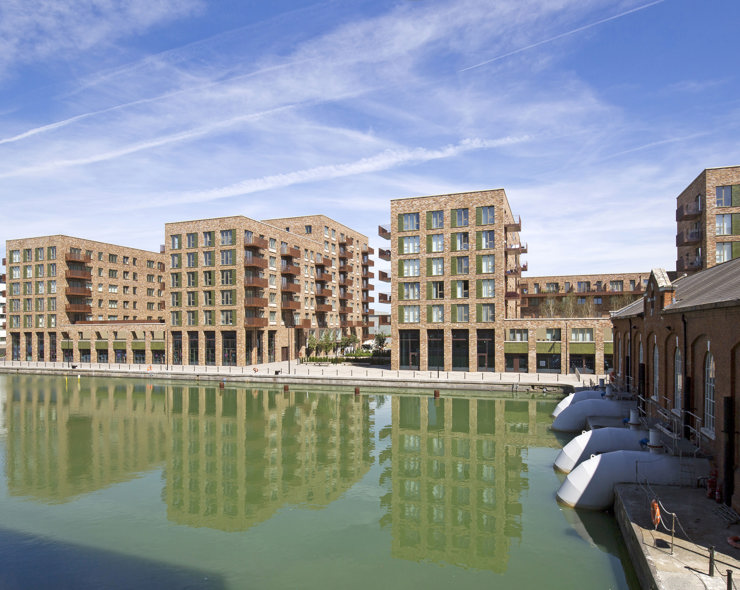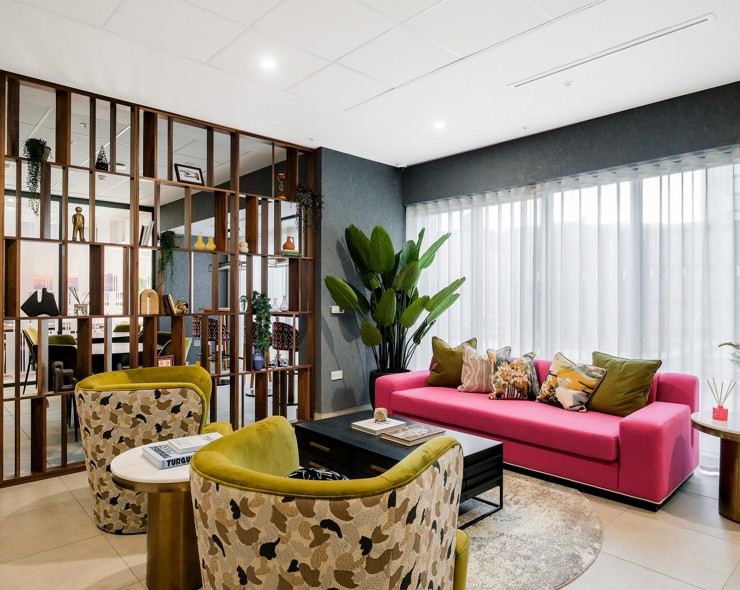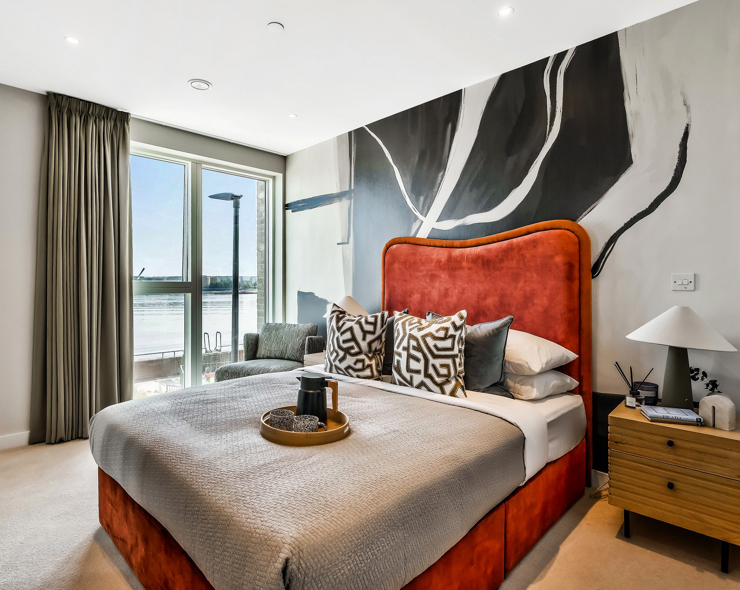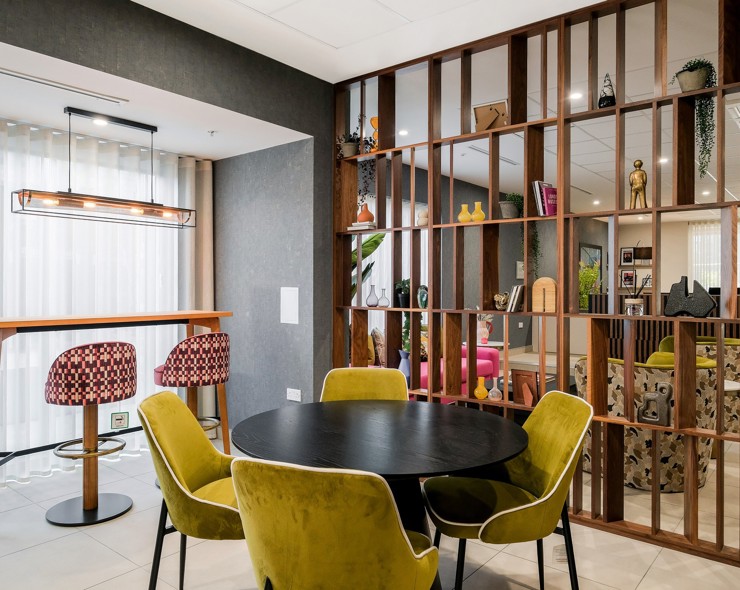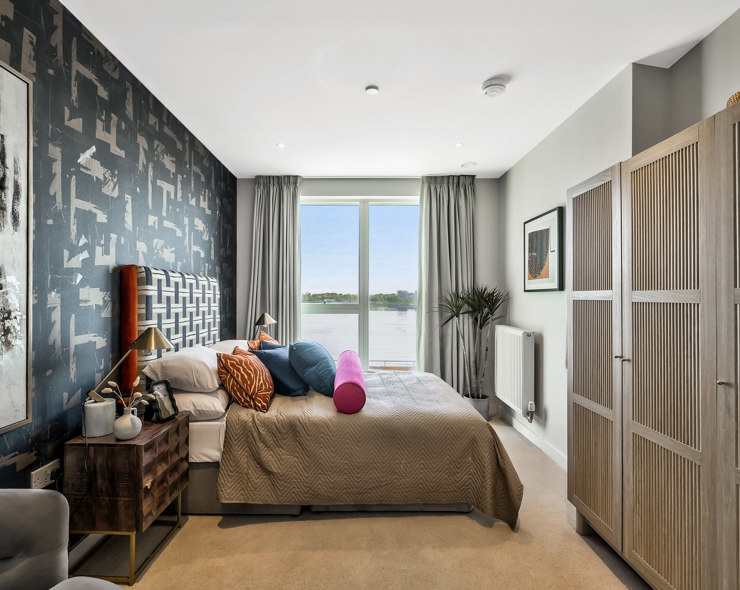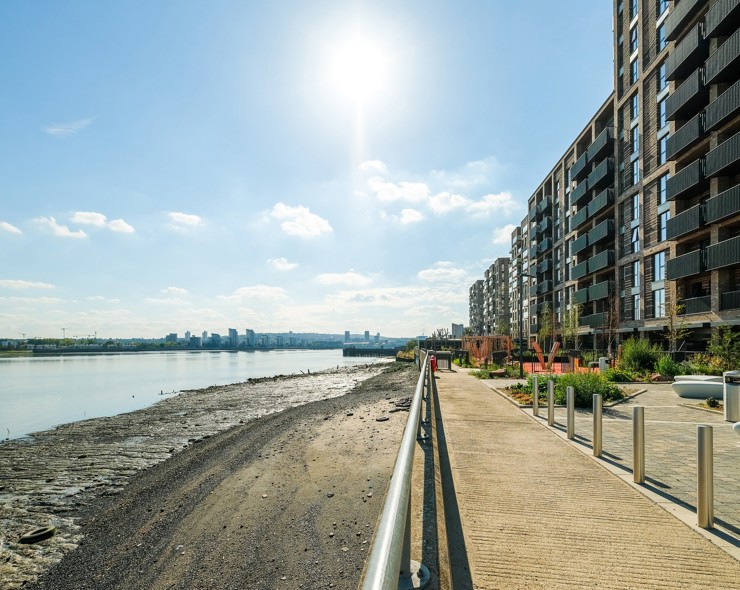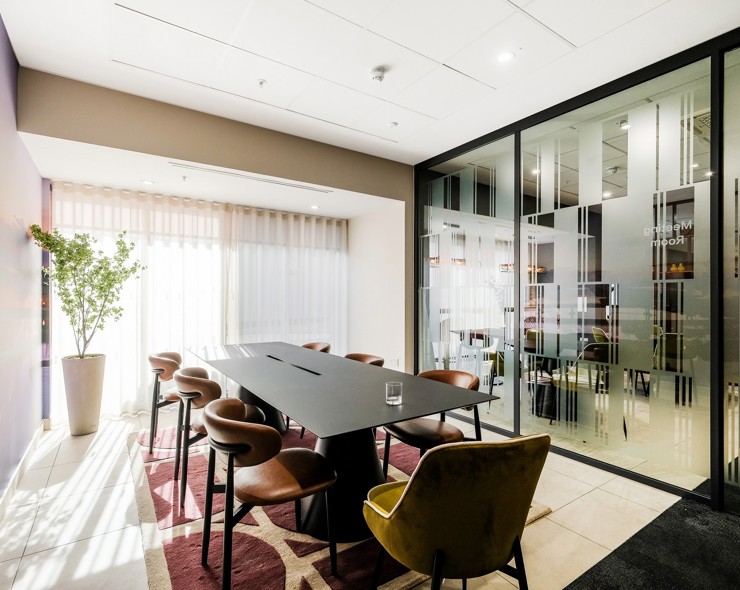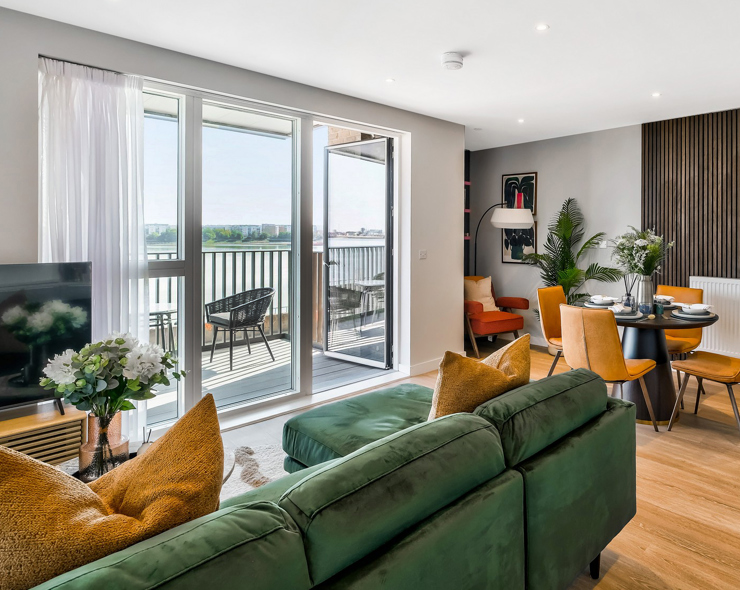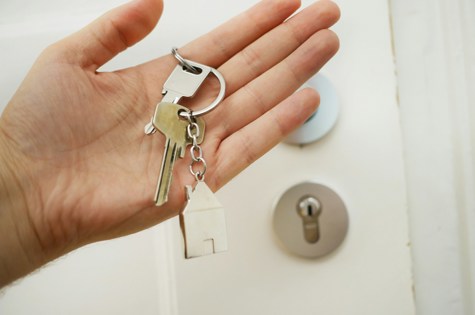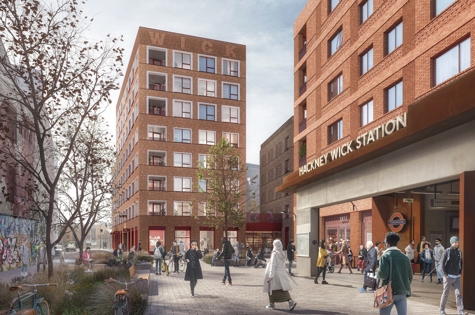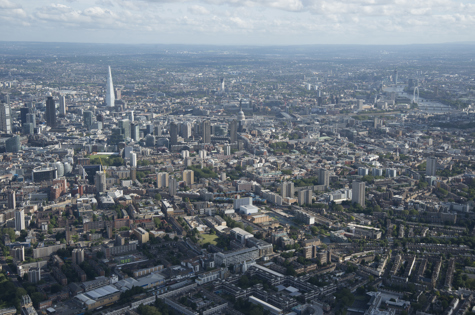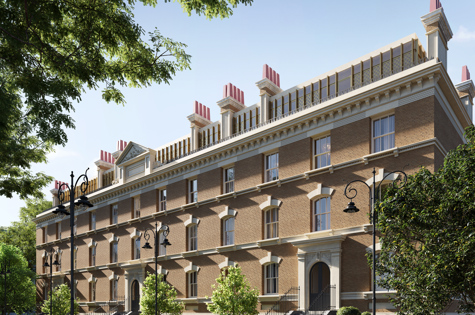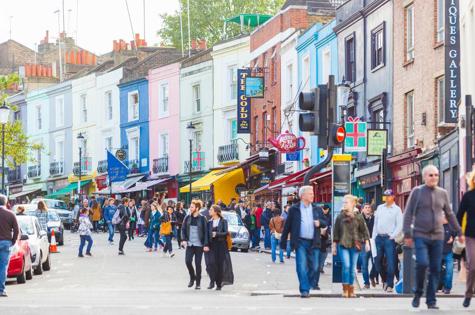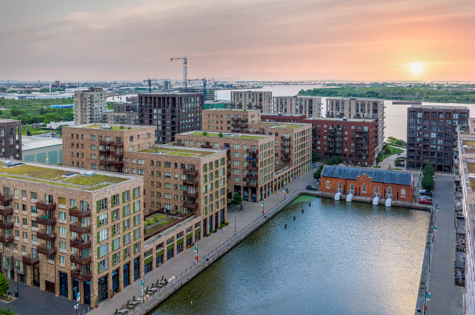How to Save for Your Dream Home
Buying your first home is one of the most significant moments you can experience in life. But it comes at a substantial cost that can take a lot of financial planning, so knowing where to start with saving is the first step in achieving your homeownership dreams. If you're serious about stepping onto the property ladder, check out these practical budgeting and saving tips to help you get there.
Understand What You Can Afford
First, get a clear picture of what you can afford to buy within your means. Start by assessing your financial situation, including your monthly incomes and expenses, as you’ll need this information to find out how much you could borrow from a mortgage lender. Once you have this to hand, put it into an online mortgage affordability calculator for an estimate of what you can afford to borrow. This figure will give you an indication of the property prices within your budget.
Seek Expert Financial Advice
You can also get budgeting advice from a financial advisor or mortgage broker. They can help you put a plan together and get the best mortgage deal for your circumstances.
Set a Savings Goal
After you’ve got to grips with your budget, you can set a realistic savings goal of how much you can set aside each month for a deposit. You’ll typically need to put down between 5% and 20% of the property price, so this should give you a ballpark figure to aim for. You may even wish to put a timeframe on your savings goal to keep you on track. For instance, by putting away £208 each month, you could save approximately £5,000 in two years. Automating the money transfer into a savings account can help you consistently progress towards this goal.
Consider Your Loan to Value Ratio
It’s important to note that the size of the deposit you put down on a property can also affect the mortgage interest rate your lender will offer. The rate often depends on your loan-to-value (LTV) ratio, which compares the amount you want to borrow with your deposit amount. The larger the deposit, the lower the LTV, which usually equates to a better interest rate. So, when it comes to budgeting, it’s worth assessing the maximum amount you save each month towards your deposit, as it could help you score a better interest rate when the time comes.
Track Your Spending
To identify areas where you could save more towards your deposit, look closely at your spending habits. Is there anywhere you can cut costs? It could be as simple as cancelling subscriptions you don’t really use or swapping to cheaper utility providers. Furthermore, you might want to cut back on impulse or luxury purchases to save more effectively.
Budgeting Apps
If you want to automate tracking your spending, try budgeting apps. They can help you manage your money by tracking all your accounts in one place and providing saving suggestions. Some of the most highly recommended include Emma, Plum and Snoop, as they are regulated by the Financial Conduct Authority.
Build Your Credit Score
Mortgage lenders will consider your credit score before making an offer, as it helps them determine whether you’ll be a reliable and responsible borrower. Your credit score is determined by several factors, including how you’ve managed debts and bills in the past. It’s a points-based system which looks at your payment history, length of credit history and the number and type of credit accounts you have.
How to Improve Your Credit Score
If you need to build up your credit score to improve your chances of being approved for a mortgage, here are some steps you can take:
- Avoid applying for credit six months before applying for a mortgage, as this will add a hard search to your credit file. Having lots of hard searches on your report can be detrimental to your mortgage application, as it could suggest too much reliance on credit.
- Register on the electoral roll where you live. This data is recorded on your credit file, which can protect your identity and help lenders confirm your details when you make credit applications.
- Make repayments on time, as late payments will be recorded on your credit file and can negatively impact your score.
- Close any credit accounts you no longer use. Having several open accounts could suggest a reliance on credit, posing you as a high-risk borrower to lenders.
Explore Home Buying Schemes
If your financial circumstances make it difficult to find affordable housing within your budget on the open market, government-backed schemes, such as Shared Ownership, could be the perfect solution. Shared Ownership is a part-buy, part-rent scheme, which can make it more affordable to buy your dream home. You’ll purchase an initial share in the property, between 25-75% of its full value, and pay rent on the rest. This means you’ll have a smaller mortgage and deposit starting from £5400, as both will be based on the share value.
Shared Ownership with NHG Homes
Explore our Shared Ownership hub for more information on the scheme, including tips on calculating affordability and financial advisors who can help you apply for a Shared Ownership mortgage. Ready to start your property search? Discover our London housing developments with Shared Ownership apartments available.
Buying your first house or apartment is one of the biggest purchases you’ll ever make. Following these budgeting tips can help you achieve the financial goals required to realise your homeownership dreams.
Featured
Royal Albert Wharf
1 - 3 Bedrooms
1 - 2 Bathrooms
Balcony
En-suite
The final phase of one and two-bedroom shared ownership apartments at Royal Albert Wharf are now available to buy from just 10% shares.
Shared ownership starts
£33,000


